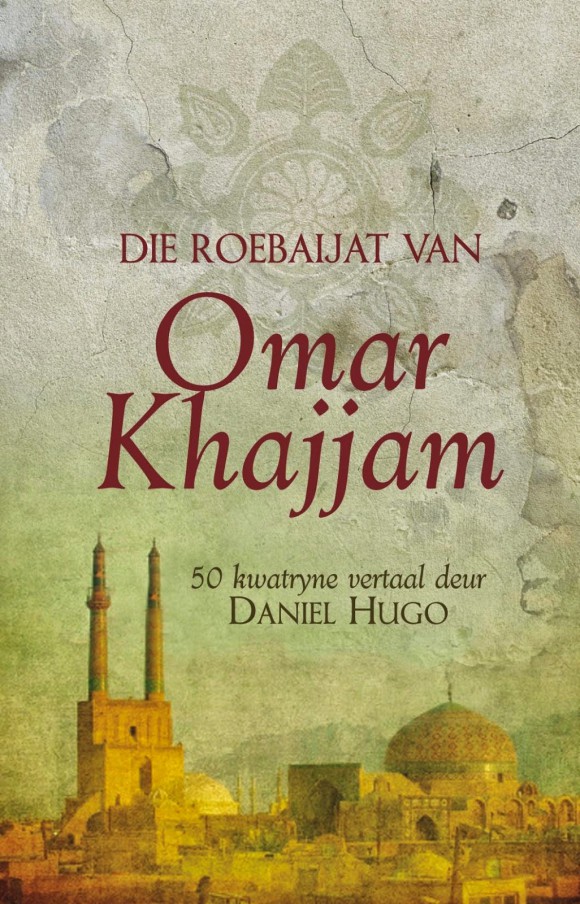 A new translation of the Rubáiyát into Afrikaans was recently published in Pretoria, South Africa, by Proteia Boekhuis. Daniel Hugo, poet and critic, selected fifty quatrains from FitzGerald’s version, which he declares essential, the rest being reiterations. Long ago Hugo was struck by the translation of the Dutch poet J.H. Leopold, when he was a student. Now, forty years later, this resulted in a new publication called Die roebaijat van Omar Khajjam. 50 kwatryne vertaal deur Daniel Hugo.
A new translation of the Rubáiyát into Afrikaans was recently published in Pretoria, South Africa, by Proteia Boekhuis. Daniel Hugo, poet and critic, selected fifty quatrains from FitzGerald’s version, which he declares essential, the rest being reiterations. Long ago Hugo was struck by the translation of the Dutch poet J.H. Leopold, when he was a student. Now, forty years later, this resulted in a new publication called Die roebaijat van Omar Khajjam. 50 kwatryne vertaal deur Daniel Hugo.
Today we know of six translations in Afrikaans:
- Die Rubáiyát van Omar Khayyám. Volgens die Engelse bewerking van Edward FitzGerald in Afrikaans oorgesit deur C.J. Langenhoven. [Kaapstad, Nasionale Pers Beperk, 1923]. (Also in: Die pad van Suid-Afrika, 1933).
- Rubaijat van Omar Khajjam. Charles Herman Bosman. Kaapstad, Colin Reed-McDonald, 1948.
- ‘Verse van die tentmaker, Omar, die Persiese digter’. C. Louis Leipoldt. In: Geseënde skaduwees. Johannesburg, Afrikaanse Pers-boekhandel, 1949.
- Die onherwinbare hede. Ruba’ijat van Omar Chajjam. Verwerk door A. H. Jonker. Kaapstad, Juta & Kie., 1950.
- Antwoord aan Omar Khayyám, met Vertaling van die Rubaiyat deur D.B. van Soelen. Pretoria, Unie-Boekhandel, 1965.
- Rubáiyát van Omar Khayyám. Sebastiaan Basson. Rayton, Woordewinkel, 1994. ISBN 0620208589.
Listen to the interview with Daniel Hugo on the weekly RSG programme Vers en Klank ![]()
The introduction (in Afrikaans) is also available at Neder-L, elektronisch tijdschrift voor de Nederlandistiek.
Die roebaijat van Omar Khajjam. 50 kwatryne vertaal deur Daniel Hugo, Protea Boekhuis, Pretoria, 2014, 80 pp., ISBN (gedrukte boek): 978-1-4853-0086-1, ISBN (e-boek): 978-1-4853-123-3.
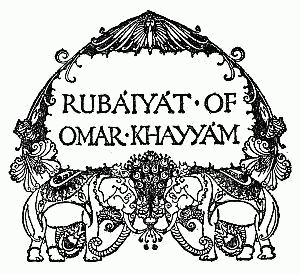 In the recent issue of ‘Iranian Studies’, Erik Nakjavani, (Professor Emeritus of Humanities, University of Pittsburgh, USA) reviews and discusses two recent volumes on the Rubáiyát of Omar Khayyám. The first is Edward FitzGerald’s Rubáiyát of Omar Khayyám: A Famous Poem and its Influence, by William H. Martin and Sandra Mason (Anthem Press, 2011).
In the recent issue of ‘Iranian Studies’, Erik Nakjavani, (Professor Emeritus of Humanities, University of Pittsburgh, USA) reviews and discusses two recent volumes on the Rubáiyát of Omar Khayyám. The first is Edward FitzGerald’s Rubáiyát of Omar Khayyám: A Famous Poem and its Influence, by William H. Martin and Sandra Mason (Anthem Press, 2011).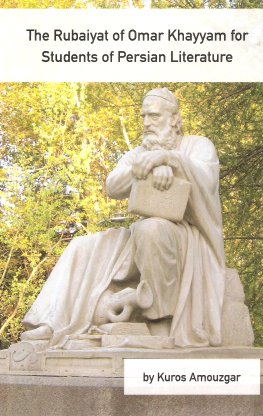 Kuros Amouzgar, educated as an engineer and living in the USA, translated the Persian text of Furughi and Ghani’s edition of the Rubáiyát, to help his children’s generation enjoy their Persian literary heritage. These children of Iranians living outside their homeland, often lack knowledge and understanding of the Persian language and literature. Khayyám is one of the most famous and well known Persian poets and his verses are easier to comprehend and to translate than other Persian poets.
Kuros Amouzgar, educated as an engineer and living in the USA, translated the Persian text of Furughi and Ghani’s edition of the Rubáiyát, to help his children’s generation enjoy their Persian literary heritage. These children of Iranians living outside their homeland, often lack knowledge and understanding of the Persian language and literature. Khayyám is one of the most famous and well known Persian poets and his verses are easier to comprehend and to translate than other Persian poets.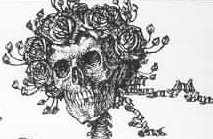
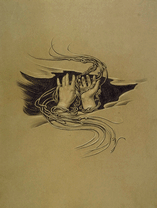 Iowa in 1924. The author explaines that “Omar Khayyám’s nature was profoundly religious, and as a pagan preacher of “righteousness, moderation and judgement to come,” he has a message to millions of our western world who profess and call themselves Christian and yet do not take their profession seriously.”
Iowa in 1924. The author explaines that “Omar Khayyám’s nature was profoundly religious, and as a pagan preacher of “righteousness, moderation and judgement to come,” he has a message to millions of our western world who profess and call themselves Christian and yet do not take their profession seriously.”